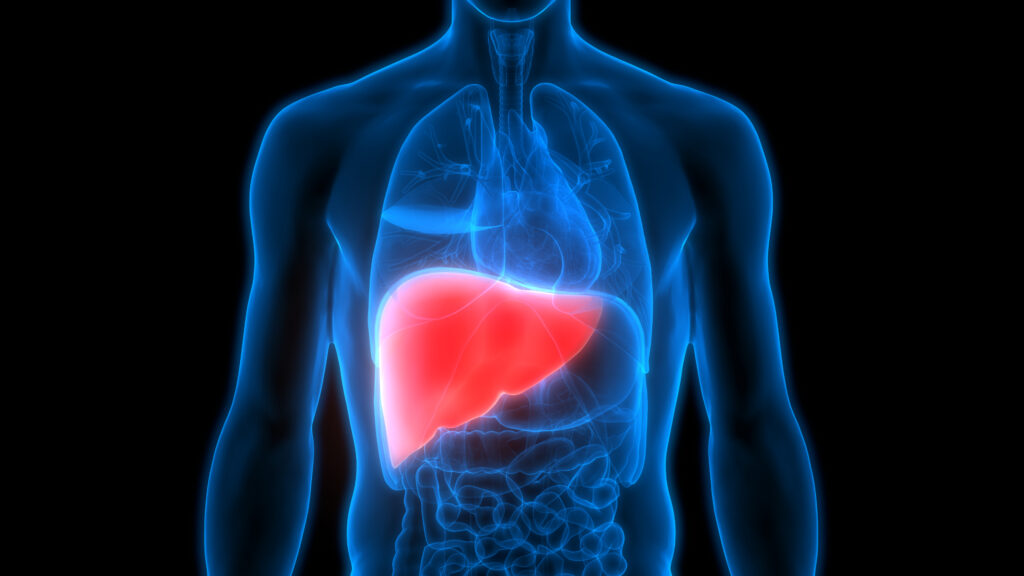Understanding Liver Damage: Alcohol, Viruses, Obesity, Toxins, Genetics – Protect Your Liver, Prioritize Health!
The liver, one of the body’s vital organs, can sustain damage through various factors and conditions. Chronic alcohol abuse is a leading cause of liver damage, as excessive alcohol consumption over time can lead to inflammation (alcoholic hepatitis), fatty liver disease, and ultimately cirrhosis, a condition characterized by irreversible scarring of the liver tissue. Viral infections, particularly hepatitis B and C, can also cause liver damage by inducing inflammation and potentially leading to chronic liver disease. Non-alcoholic fatty liver disease (NAFLD), often associated with obesity and metabolic syndrome, can progress to non-alcoholic steatohepatitis (NASH), causing inflammation and liver damage. Certain medications, toxins, and autoimmune diseases can also harm the liver. Additionally, poor diet, exposure to environmental toxins, and genetic predispositions can contribute to liver damage. Proper management of risk factors and regular medical check-ups are crucial for maintaining liver health and preventing or managing liver damage.
Liver damage can manifest in various ways, beyond the more commonly recognized symptoms like jaundice (yellowing of the skin and eyes), abdominal pain, and fatigue. Here are some lesser-known symptoms that may indicate liver damage:
- Itchy Skin (Pruritus): Liver damage can lead to a buildup of bile salts in the bloodstream, which can cause itching, often more intense at night.
- Easy Bruising and Bleeding: A damaged liver may not produce enough clotting proteins, leading to easy bruising and prolonged bleeding even from minor cuts.
- Swelling (Edema): Liver damage can cause fluid retention, leading to swelling in the legs, ankles, and abdomen.
- Dark Urine: Liver dysfunction can result in darker urine, often described as tea-colored, due to the presence of bilirubin.
- Pale Stools: Bilirubin, when not processed properly by the liver, can lead to pale or clay-colored stools.
- Nausea and Vomiting: Liver damage can affect the digestive process, leading to symptoms like nausea
- Loss of Appetite: Changes in appetite, including a decrease in appetite, can be a sign of liver damage.
- Chronic Fatigue: While fatigue is a common symptom, it can be persistent and debilitating in cases of liver damage.
- Confusion and Cognitive Issues: Severe liver damage can lead to hepatic encephalopathy, a condition characterized by confusion, cognitive impairment, and even coma.
- Spider Angiomas: These are small, spider-like blood vessels that can appear on the skin, particularly on the upper body, as a result of liver damage.
- Gynecomastia: In men, liver damage can disrupt hormone balance, leading to an enlargement of breast tissues. This is the reddening of the palms, which can occur due to increased estrogen levels in the blood as a result of liver damage.
If you’re experiencing any of these symptoms, especially in combination, it’s essential to consult with a healthcare professional for proper evaluation and diagnosis.

